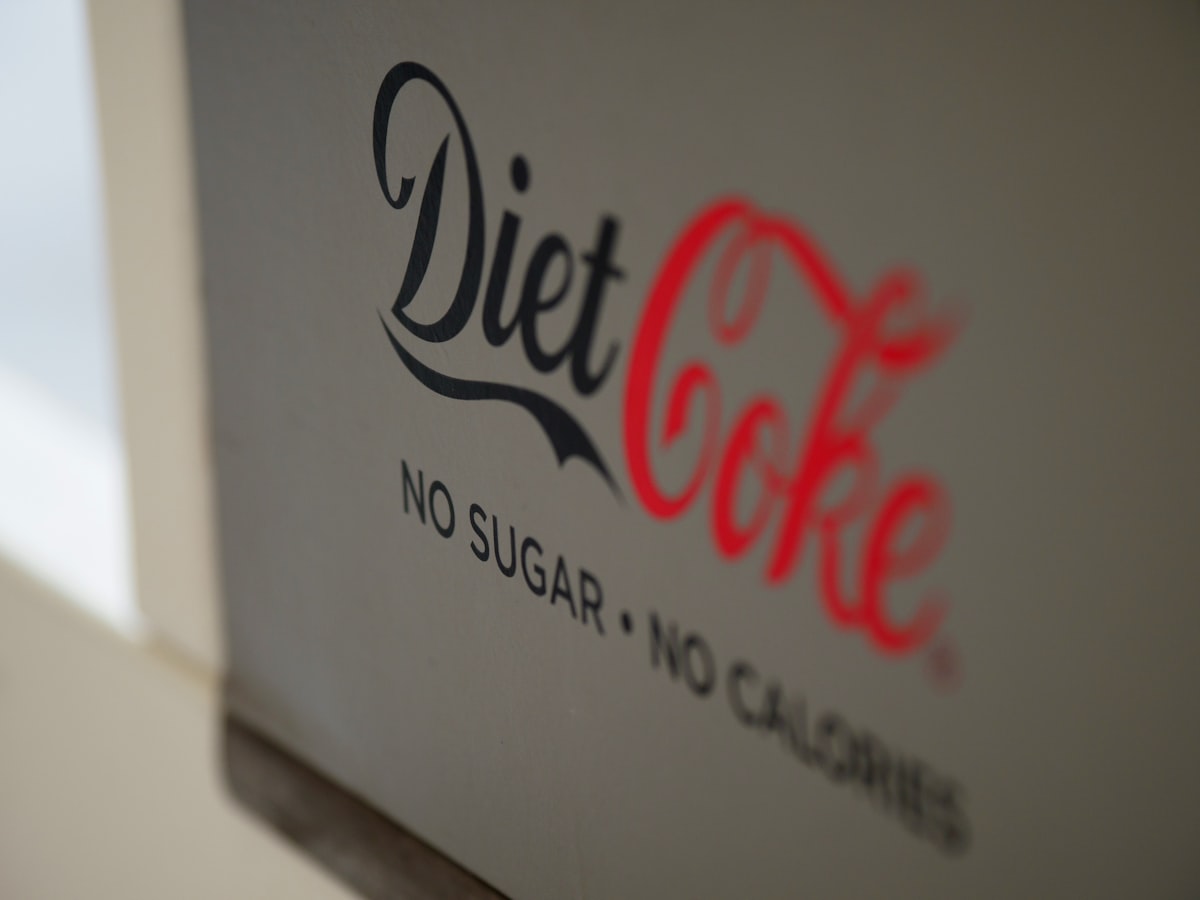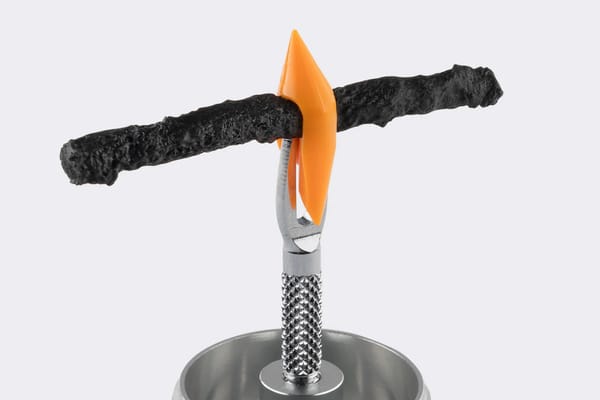Soda and Its Sweet Deception: The Risk of Atrial Fibrillation
A recent study reveals that consuming over two liters of sugar- or artificially sweetened beverages weekly may significantly increase the risk of AFib.

The comfort of a cold soda might seem harmless, perhaps even a sweet escape from the daily grind. Yet, a recent study published in Circulation: Arrhythmia and Electrophysiology suggests we might want to pause before popping the tab on our next can. According to the findings, adults indulging in more than two liters of sugar- or artificially sweetened beverages each week could be inadvertently raising their risk of atrial fibrillation (AFib), a heart condition characterized by irregular heartbeat, which can lead to serious complications like stroke and heart failure.
Drawing from the expansive U.K. Biobank database, the study surveyed the habits of 201,856 adults, tracking them over nearly a decade. With an average participant age of 56 and a near-even split between genders, the research presents a broad view of dietary impacts on heart health. Interestingly, while the majority reported abstaining from sweetened beverages, those who didn't, particularly exceeding 8.5 cups a week, showed a notable uptick in AFib risk. Sugar-sweetened drinks were linked to a 10% increased risk, whereas their artificially sweetened counterparts presented a more concerning 20% surge.
Diving deeper into demographics, it appeared that younger individuals, those with a higher body mass index, and those with a history of Type 2 diabetes or heart disease were more prone to consume these beverages in large quantities. Moreover, smoking seemed to exacerbate the issue, with smokers facing a 31% higher risk of developing AFib if they consumed over two liters of sugar-sweetened beverages a week.
However, it's not all doom and gloom. The study also hints at a silver lining for moderate consumption and healthier alternatives. Drinking less than two liters of sweetened beverages showed no significant risk increase, and opting for pure fruit juice, in modest amounts of one liter or less weekly, might even offer mild protective benefits against AFib.
Critically, the study's authors caution against taking these findings as gospel. The inherent limitations of observational research, potential dietary misreporting, and the specific health profiles of the British participants mean we should digest these results with a grain of salt.
So, what's the takeaway for those of us with a soft spot for soft drinks? Perhaps it's time to reassess our liquid indulgences. Coffee, tea and water for me.





